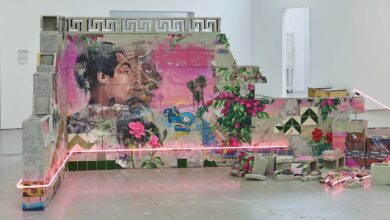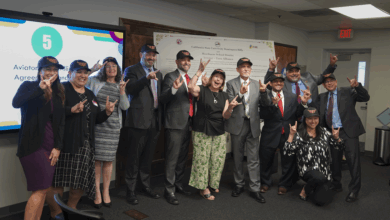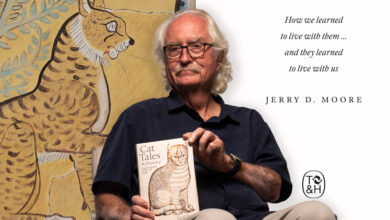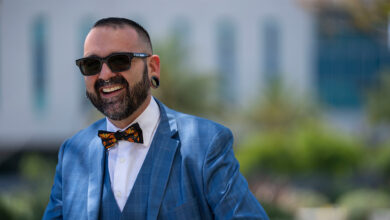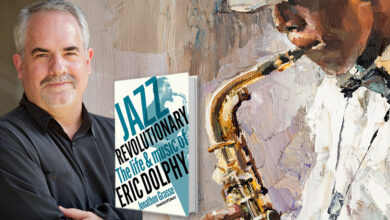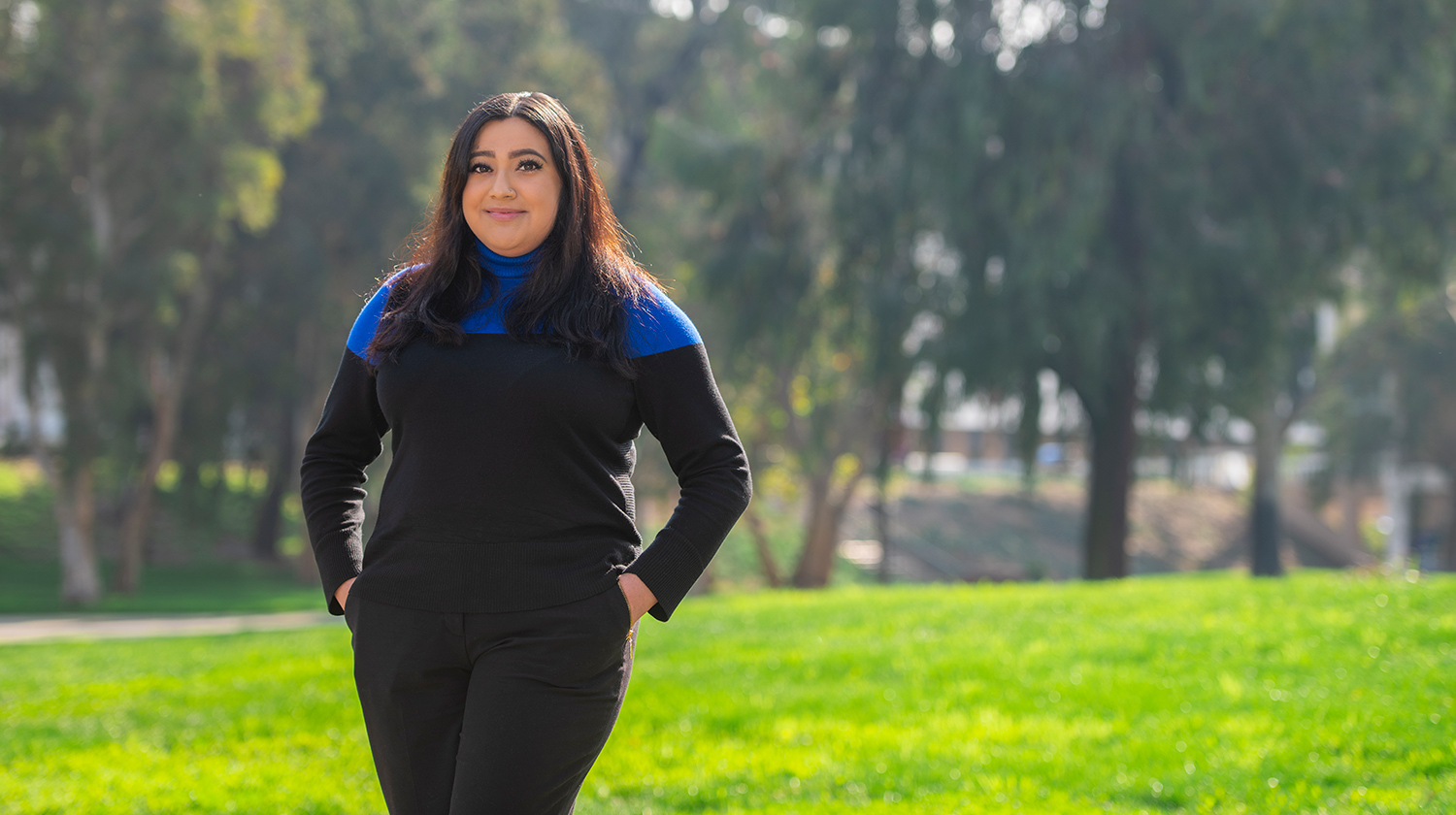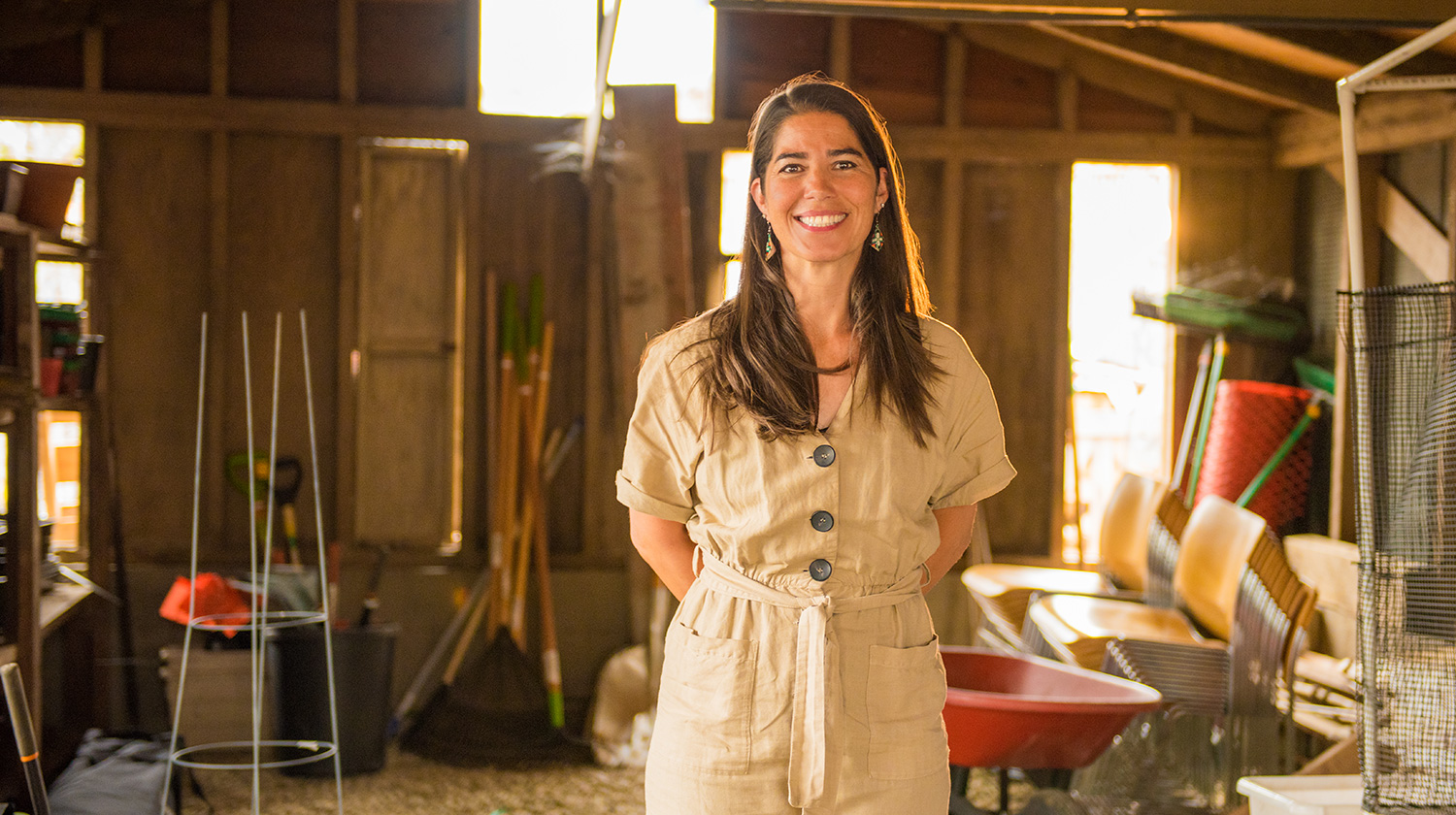
Since she arrived at California State University, Dominguez Hills (CSUDH) in 2016, lecturer of environmental studies Jenney Hall has wasted little time developing new ways to teach students how to study and protect the environment, and how to grow nourishing crops for themselves and food insecure people.
Hall quickly became well liked and respected among her students and colleagues in CSUDH’s Interdisciplinary Studies Department (IDS) for her teaching of introductory and advanced courses in environmental studies, and for developing curriculum for face-to-face online and hybrid courses. In 2018, she brought agriculture to campus when she co-founded the Urban Farm to teach the health and societal benefits of growing food in small spaces in metropolitan settings.
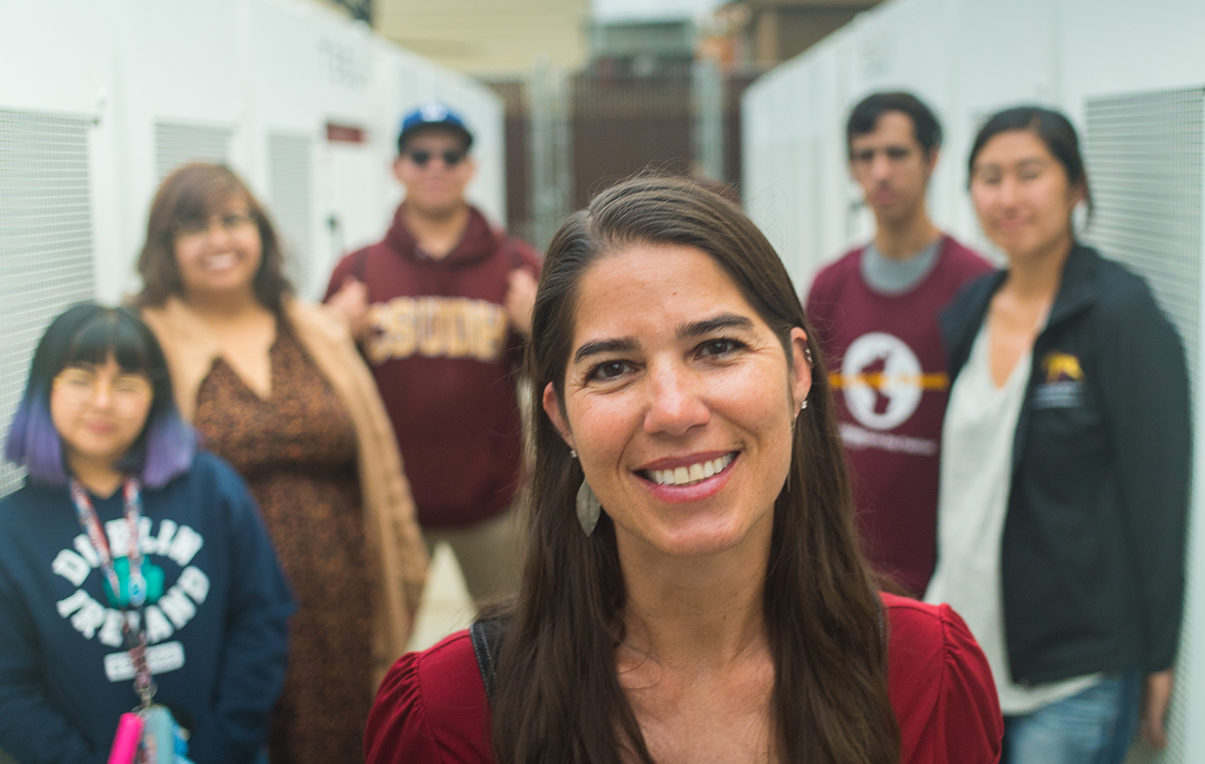 Hall is now leading the development of a new undergraduate degree program in Environmental Studies, another ambitious project that has helped her earn the 2020 Excellence in Service Award. The honor recognizes faculty contributions to university governance and development, and acknowledges that service and partnership are an essential component of CSUDH’s mission.
Hall is now leading the development of a new undergraduate degree program in Environmental Studies, another ambitious project that has helped her earn the 2020 Excellence in Service Award. The honor recognizes faculty contributions to university governance and development, and acknowledges that service and partnership are an essential component of CSUDH’s mission.
“My department and my college have been incredibly supportive in encouraging me to build the Environmental Studies program here at CSUDH. I feel fortunate to work closely with Global Studies, American Studies, and Labor Studies in this effort,” said Hall, who believes that the “cross pollination” of physical and social sciences and the College of Arts and Humanities is essential to addressing issues of sustainability and environmental justice.
“We have endeavored to create a program that connects our different disciplines and engages students with a big picture of our complex and ever-changing world. This multidisciplinary approach makes our Environmental Studies program unique.”
Hall has also been recognized for her ability to connect quickly with those she teaches by making a conscious effort to explain concepts from the place where her knowledge aligns with their understanding.
“If I am explaining scientific concepts to a 10-year-old, 20-year-old, or a 70-year-old my first task is to find out where they are coming from and then find a way to start from there,” she explained. “I also try not to take myself too seriously when teaching and use any tool that I think will help better communicate ideas. Sometimes it can be a little intimidating to put myself out there like that, but I do it anyway.”
Jenney Hall makes a guest appearance in recording artist Scotty Sire’s YouTube video “24 Hour Zero Waste Challenge.”
Hall knows that it is essential to give students the tools they need to make educated decisions about the issues affecting them, their families, and communities.
“Everyone needs to participate in creating a more just and sustainable future. The campus is a literal crossroad of urbanization, industrialization, and residential interests,” she said. “Students from surrounding communities have a life expectancy of 12 years less than in other parts of the county. There are less trees, less green spaces, and less grocery stores, but more pollution, diesel traffic, and health consequences for people of all ages.”
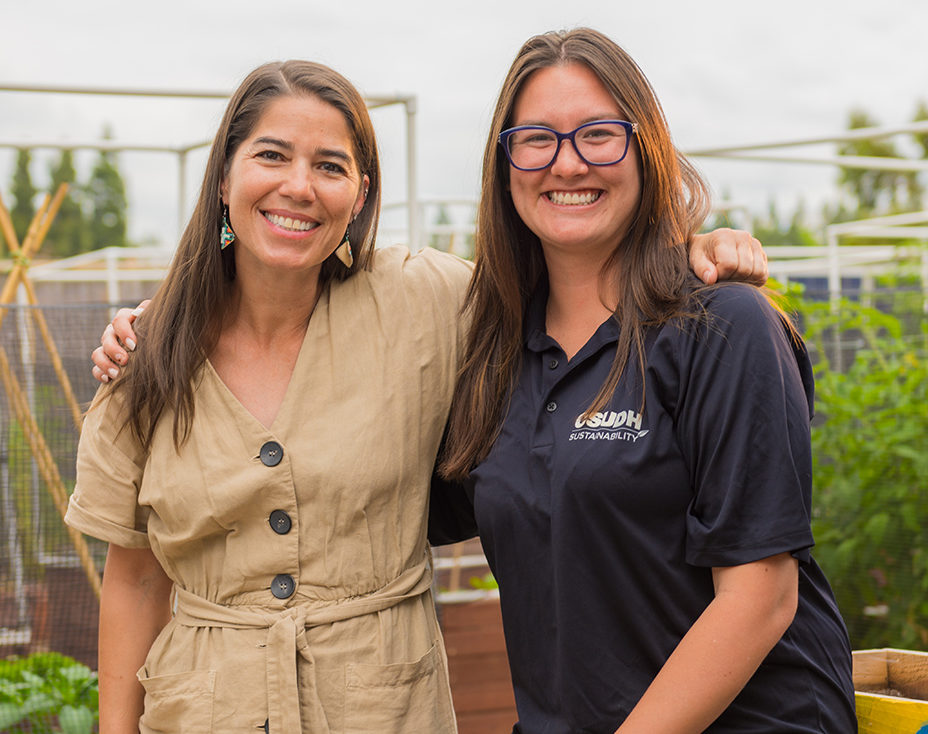
Urban Farm
The Urban Farm was designed to foster experiential learning through a service-learning curriculum and has been supported by CSUDH’s Center for Service-Learning, Internships and Civic Engagement through a Faculty Fellows grant, as well as the university’s First-Year Seminar Program.
The farm is also a venue for faculty to engage students not only in organic gardening and urban horticulture techniques, but in discussions about larger societal issues around sustainability, and the lack of access to healthy food choices in urban environments. During harvests, surplus food is shared on campus with food insecure students and in local communities.
In two years, the farm has grown to include workshops for local high school students, the help of regular volunteers from the CSUDH Osher Lifelong Learning Institute (OLLI), which is a program of educational, cultural, and social opportunities for retired and semi-retired individuals age 50 and above.
“The collaborative effort that goes into the farm and the multigenerational participation makes me very proud,” she said. “It is a wonderful effort between students, faculty, and staff with participation from all age groups.”
Unfortunately, COVID-19 has temporarily sidelined all these activities. The farm and its fruit tree grove are being maintained by essential campus facilities personnel, but it is still providing food for students in need.
“It was a true heartbreak to close the farm this semester and move classes online, especially now that the weather is warm and everything is growing so beautifully,” Hall said. “No matter how good a video or picture, it can never replace the deep learning that comes through doing.”
Hall looks forward to returning to campus. “I love my students and the campus community here. I have learned so much from my colleagues in IDS and have grown tremendously from my interactions within the department, both academically and personally. I am constantly challenged to see things from a different perspective,” she says. “This is an exciting time to be part of IDS and the CSUDH community as it continues to grow and transform. I feel honored to be a part of it.”

